The sound of a phone dropping on the floor can be scary.
Occasionally, the phone lands on its back, but the protective phone case keeps it from getting scratched or dented. Other times, the phone will fall face down and you’re not sure whether the screen is cracked or shattered.
With a screen protector, you can save yourself from the potential heartache of a shattered glass face.
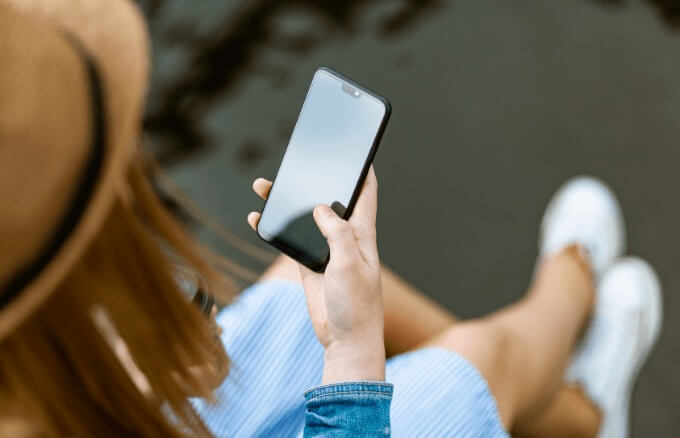
Below you’ll find a selection of the best screen protectors for Android and iPhone that will keep your phone free from scratches, marks, or cracks.
What Is a Screen Protector?
A screen protector is an extra sheet of clear plastic film or liquid that adheres to your phone’s screen and protects it against physical damage. The material is commonly made of laminated glass or polyurethane, and is cut to fit the shape of your device.
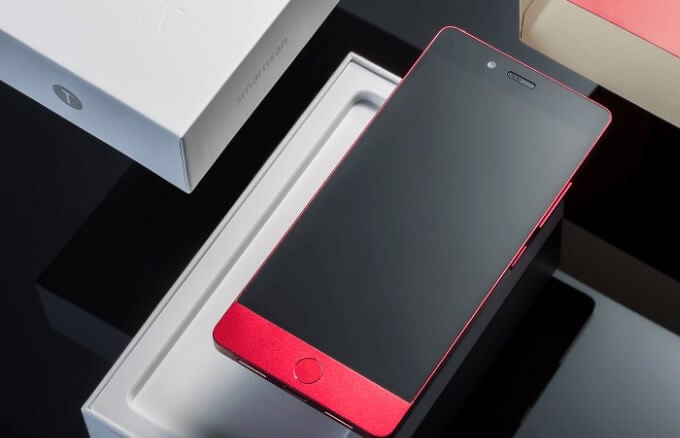
In the event of a drop or fall, it’s far easier to replace a screen protector than replacing the phone’s screen itself. It also keeps the screen in far better condition over the lifetime of the phone.
Types of Screen Protectors for Android and iPhone
There are four main types of screen protectors:
- Tempered glass: This screen protector is easy to apply to your phone’s screen and has a nice feel to it. Plus, it’s thicker and tougher than the plastic type in terms of scratch and drop protection. You can also get the tempered glass screen protector in more varieties with features like privacy or anti-glare.
- Polyethylene Terephthalate (PET): This is a cheap, light, thin and smooth screen protector that offers the least impact and scratch protection. While the PET protector gives your phone’s screen a decently smooth feel, it’s not that tough and is also a bit stiff so it can’t go edge-to-edge on phones with curved screens.
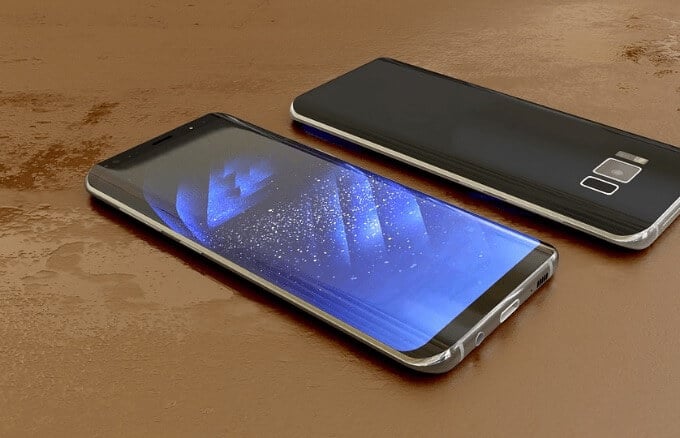
- Thermoplastic Polyurethane (TPU): This is a thin, flexible material that’s used for most plastic screen protectors. TPU has better impact protection than PET and can go edge-to-edge on any phone. However, it’s not as easy to install as it involves using a spray solution and it has an almost rubbery texture.
- Liquid Screen Protector: This type of screen protector is applied on your phone by swabbing a solution and then buffing it off. The protector is only useful for preventing some scratches, meaning tough scratches can still get through to your phone’s actual screen. Plus, liquid screen protectors can’t protect your phone from a serious drop.
Best Screen Protectors for Android And iPhone
1. Otterbox AlphaGlass
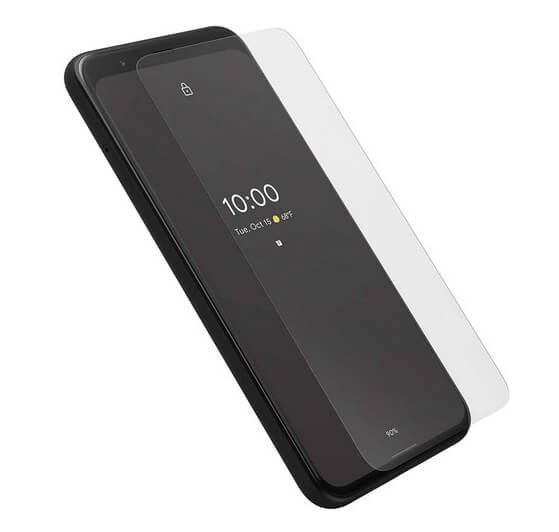
This screen protector is made from anti-scratch and anti-shatter glass for strong protection.
The protector comes with a microfiber cleaning cloth, squeegee card, dust-removal sticker, and installation instructions. Plus, it works with various Otterbox cases, and is designed specifically for Google Pixel 4 phones.
2. Spigen AlignMaster Tempered Glass Screen Protector
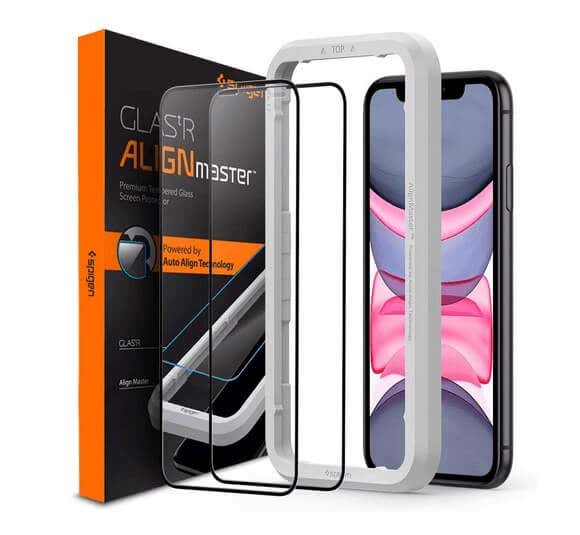
The highlight of the Spigen AlignMaster screen protector is its installer, which helps you align the protector perfectly during application.
The tempered glass protector is tough, and works with most Spigen phone cases. However, the protector doesn’t offer camera or privacy protection, and it’s designed only for iPhone XR and iPhone 11. You can find a version for the iPhone 12 here.
3. ZAGG InvisibleShield Ultra Vision Guard Film
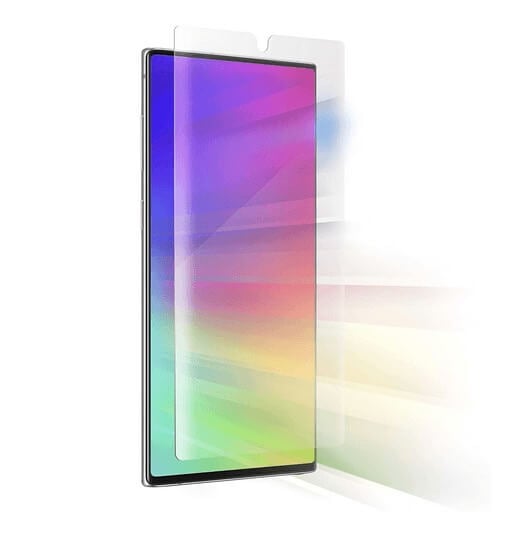
If you want a screen protector that’s easy to install, the ZAGG InvisibleShield smart film is worth considering. The film uses a wet-install process and adds tough durability to your screen.
The screen protector has a protective eye-safe layer, which filters harmful blue light, and self-healing nano memory technology that heals minor scratches and dings. The protector is best for Samsung Galaxy Note 10+ phones, and works with any phone case.
4. UniqueMe 2 Pack Tempered Glass Privacy Screen Protector
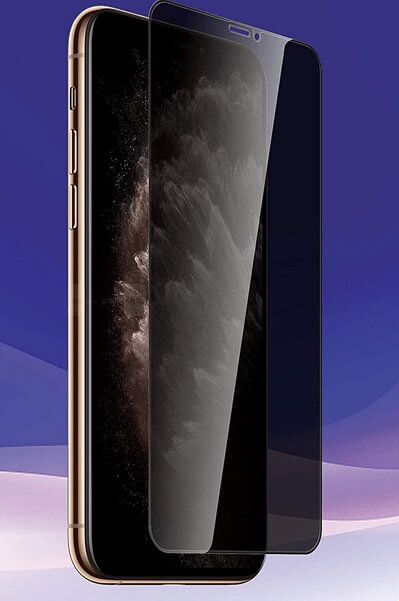
The UniqueMe screen protector not only protects your screen from scratches or damage, but also protects your privacy through its tinted design. This means that anyone who isn’t directly in front of your screen won’t be able to see your phone’s display.
An oleophobic coating is included for daily fingerprint resistance, and it has an optimized design for crystal-clear view. Plus, the screen protector comes with camera lens protectors, which you can attach to the rear snappers to safeguard them from damage.
The main downsides with this protector is that it’s designed for iPhone 11 Pro, it’s a bit pricier than other options, and not everyone wants the privacy guard feature.
5. JETech Screen Protector
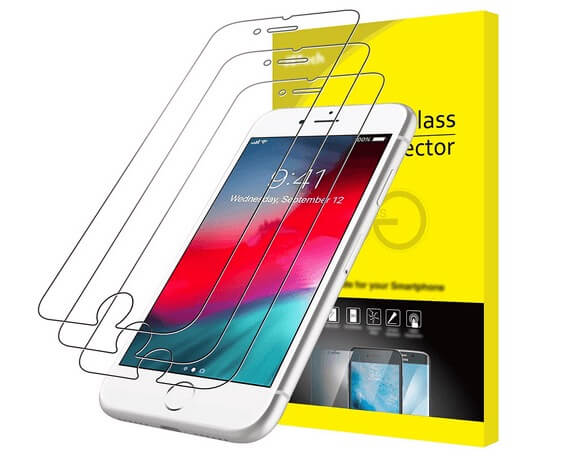
The JETech screen protector comes in a pack of three tempered glass protectors, complete with a guide stick, dust removal stick, cleaning cloth, and installation instructions.
The protector’s extremely high hardness makes it capable of resisting scratches. Plus, it’s dust-free, fingerprint-resistant, and inexpensive.
While the protector is designed for iPhone 6/6s/7/8 and SE 2020, it doesn’t cover the full screen owing to the round edge of these iPhones. It also lacks camera protection and privacy guard.
6. Skinomi TechSkin
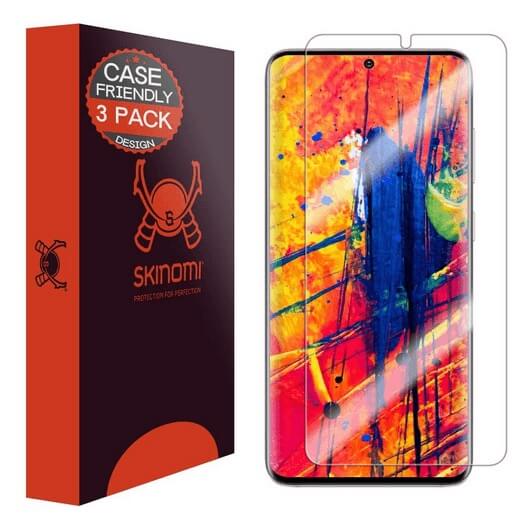
The Galaxy S20 and S20+ are among the pricier Samsung flagship smartphones whose screens you wouldn’t want to see cracked or shattered. With the Skinomi TechSkin screen protector, you can keep your S20’s display free from tearing, scratches, and punctures.
Made from military-grade TPU material, the screen protector is not only flexible, but also claims to be self-healing, and comes with a 100 percent risk-free lifetime replacement warranty.
An extra protector is available in case you mess up while applying the protector on your phone’s screen. Be sure to give it enough time to set before using the phone after installation.
7. amFilm Glass Screen Protector
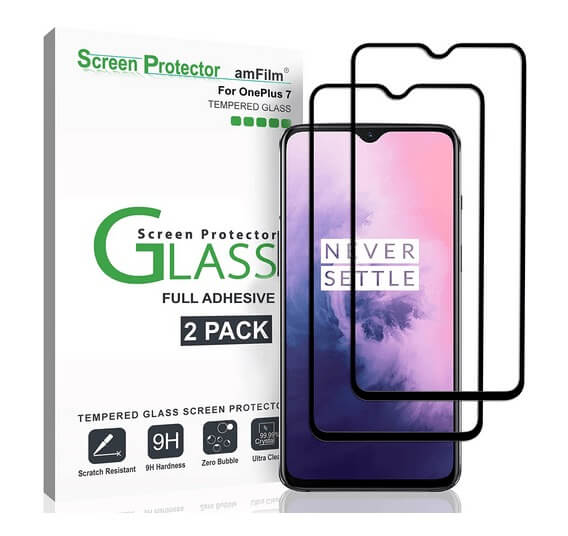
The amFilm screen protector is made of tempered glass and designed for full-screen, edge-to-edge protection to protect your OnePlus 7 smartphone’s display from harm.
The protector is easy to install, and resistant to grease, fingerprints, and other smudges. It’s also highly durable, scratch resistant, and promises full compatibility with touchscreen sensitivity.
Unfortunately, the amFilm screen protector may not be compatible with many rugged cases.
What to Look for When Picking a Screen Protector for Your Phone
- Protectivity: For better impact protection, we recommend going for a screen protector made of tempered glass or TPU material.
- Compatibility: Get a screen protector that’s compatible with your phone’s shape, size, and model. Check the product description to find out which models the screen protector fits before buying.
- Functionality: Some screen protector models add a layer of privacy, anti-glare or blue light reducing layer. Other protectors feature antimicrobial coatings that help reduce germ spread on the screen’s surface.
- Installation/Application: Most screen protectors are adhesive on one side so you can stick it directly onto your phone’s display.
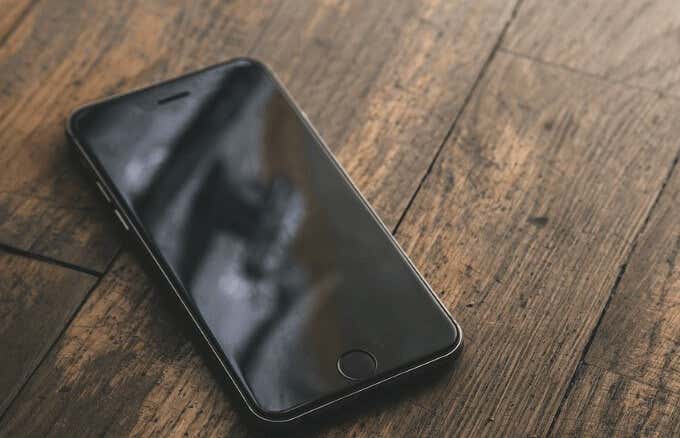
Keep Your Phone’s Screen Pristine
The best screen protector acts as a shield for the most fragile part of your phone, keeping it scratch and crack free. If you have an iPhone, the Gorilla Glass may be tough enough to withstand drops, but you still need to buy a durable protective iPhone case to secure the back from other types of damage like dings, shock, and water.
We’d love to hear your experience using a phone screen protector. Share with us in the comments.